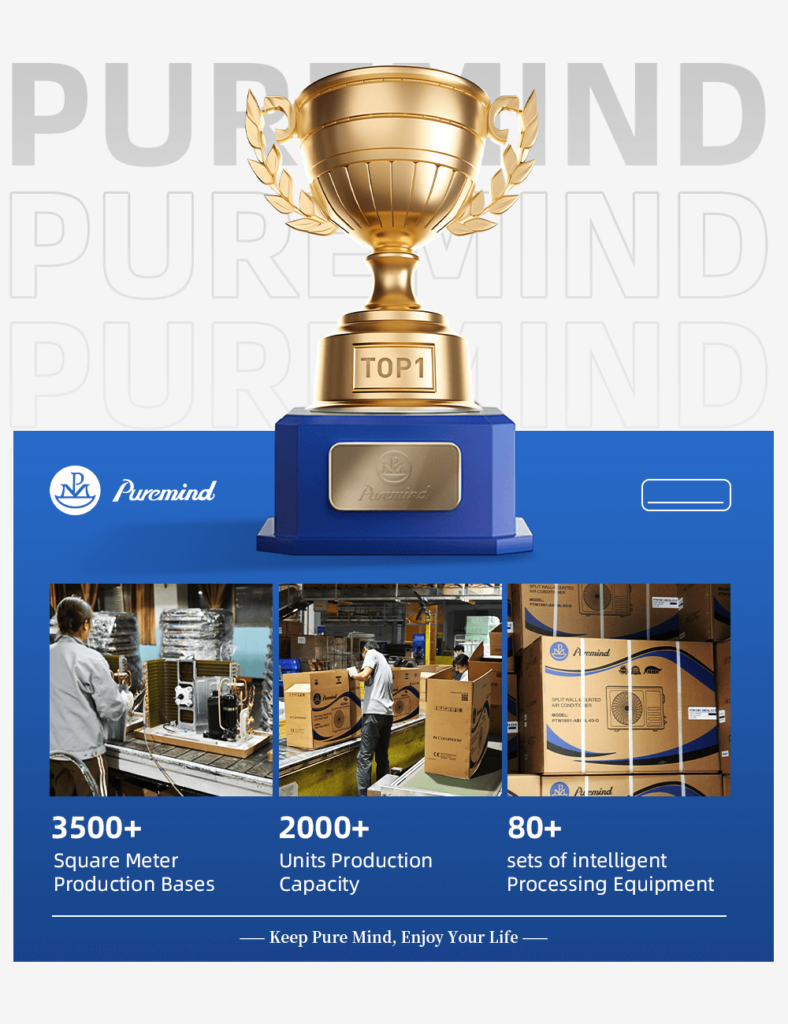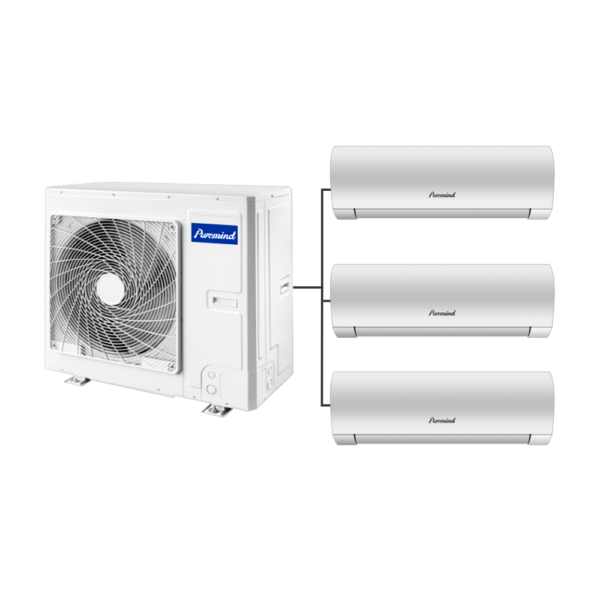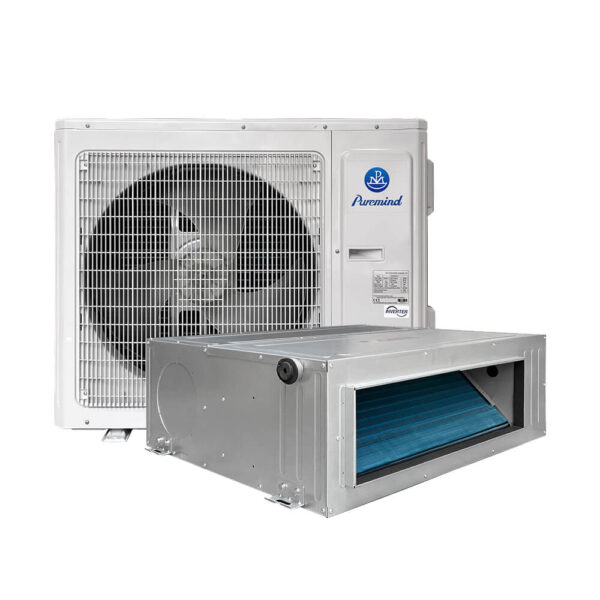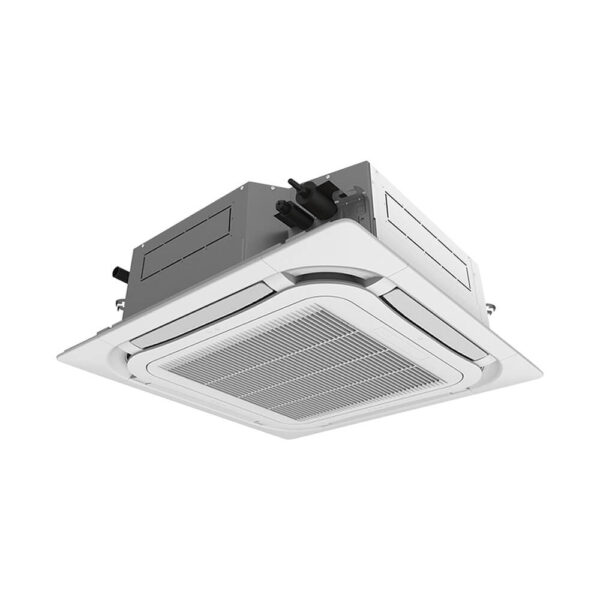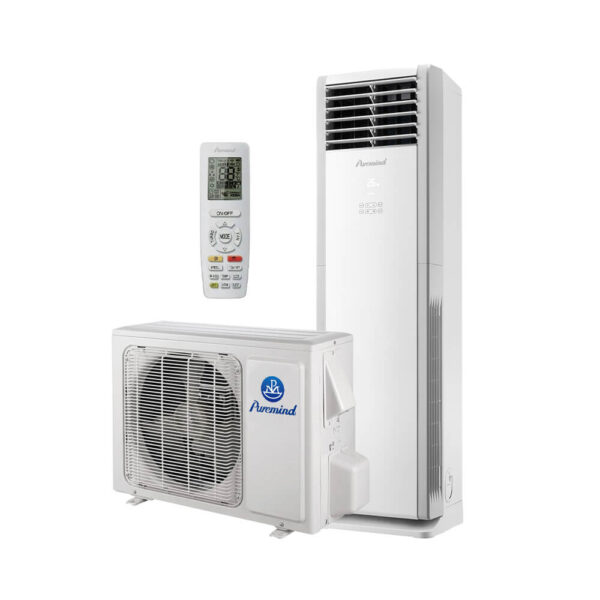Best HVAC Systems: A Complete Guide for Distributors and Contractors
The heating, ventilation, and air conditioning (HVAC) industry has seen massive growth in recent years. Customers today expect comfort, reliability, and energy efficiency from the systems they invest in. For wholesalers, distributors, and contractors, knowing which options are truly the best HVAC systems is critical to building credibility and meeting customer expectations. In this guide, we’ll explore what defines top-performing HVAC units, compare different system types, and discuss how distributors can benefit from offering high-quality solutions.
What Makes the Best HVAC Systems Stand Out?
The best HVAC systems aren’t always the most expensive. Instead, they balance performance, cost, and durability. Contractors and distributors often measure system quality by how well it addresses the following needs:
- Energy efficiency – Customers want lower energy bills, making high SEER ratings a top priority.
- Durability – Units designed with high-quality materials offer longer lifespans.
- Smart features – Modern buyers prefer compatibility with smart thermostats and mobile apps.
- Eco-friendliness – Compliance with refrigerant regulations and sustainability standards matters more than ever.
- Warranty support – Reliable after-sales service builds trust with end-users.
Types of HVAC Systems for Different Applications
The best HVAC systems vary by customer needs and building type. Distributors often stock multiple categories to stay versatile:
- Split Air Conditioners – Ideal for smaller spaces. See wholesale options here: split air conditioners.
- Central Air Conditioning Systems – Suitable for larger homes and offices, providing uniform cooling.
- Heat Pumps – Dual-purpose systems offering both heating and cooling, popular in moderate climates.
- Ductless Mini-Splits – Perfect for homes without ductwork, offering zoned temperature control.
- Packaged Units – Common in commercial spaces where space efficiency is key.
Top Features of High-Performance HVAC Units
When selecting products to stock, distributors should look beyond brand names. The best HVAC systems often share key features:
- High SEER ratings – Energy efficiency ensures lower long-term costs.
- Quiet operation – Customers appreciate low-noise performance.
- Wi-Fi compatibility – Remote control and monitoring are increasingly popular.
- Eco-friendly refrigerants – Low-GWP refrigerants meet global standards.
- Flexible installation – Adaptability for residential and commercial spaces adds value.
Case Study: Choosing the Best HVAC Systems for a Residential Project
A distributor in Arizona supplied HVAC solutions for a new residential complex. Instead of focusing solely on low-cost options, they offered some of the best heating and cooling systems available, including high-efficiency central AC units and smart mini-splits. The result: homeowners saved up to 20% annually on energy bills, and the distributor gained repeat contracts from the developer. This shows how stocking quality systems creates long-term opportunities.
Why Wholesalers Should Focus on Quality
For distributors, carrying the best HVAC systems is not just about meeting demand—it’s about staying relevant. Customers increasingly research products online before making purchases, so offering top-rated systems builds trust and reputation. Distributors who ignore this trend risk losing business to competitors who supply high-efficiency and smart-ready solutions.
How to Select the Right HVAC System for Your Market
Every distributor must evaluate which systems suit their region and customer base. Here are some tips for choosing the best HVAC systems for your business:
- Climate conditions – Heat pumps work well in mild areas, while central AC systems excel in hotter regions.
- Property size – Mini-splits are perfect for apartments, while large facilities may need rooftop units.
- Customer budget – Offering both premium and affordable solutions ensures wider reach.
- Efficiency standards – Always stock systems that meet local and federal energy codes.
- Technology preferences – Younger customers often demand smart integrations.
Key Benefits of Stocking the Best HVAC Systems
Distributors and contractors who offer top solutions see multiple advantages:
- Higher profitability – Energy-efficient units justify premium pricing while lowering return rates.
- Customer satisfaction – Reliable performance increases trust and repeat business.
- Market credibility – Supplying recognized brands and advanced systems enhances reputation.
- Support from manufacturers – Top suppliers often provide training and marketing resources.
- Sustainability alignment – Offering eco-friendly products positions businesses as forward-thinking.
Industry Trends Shaping the Best HVAC Systems
The definition of the best HVAC systems evolves as technology and regulations change. Current trends include:
- Smart controls – Systems now integrate seamlessly with mobile apps and home automation.
- Green refrigerants – EPA rules drive adoption of eco-friendly options.
- Hybrid solutions – Combining electric heat pumps with gas furnaces offers versatility.
- Digital ordering – Distributors increasingly rely on online wholesale platforms.
- Global partnerships – International sourcing expands product availability and reduces risk.
Common Challenges Without Access to Reliable HVAC Systems
Distributors who don’t prioritize the best HVAC systems may face challenges such as:
- Reduced profitability – Inefficient products increase customer complaints and returns.
- Lost opportunities – Competitors supplying smarter, greener systems win contracts.
- Compliance issues – Outdated systems may fail to meet regulatory standards.
- Lower customer trust – Selling outdated technology damages long-term relationships.
Case Study: Commercial Project with Top HVAC Systems
In New York, a distributor worked on a commercial office retrofit. They selected top HVAC systems with high SEER ratings and integrated smart controls. Tenants enjoyed better comfort and reduced energy bills, while the building owner reported improved property value. For the distributor, the project led to new referrals and long-term contracts. The lesson: stocking advanced systems builds credibility in commercial markets as well.
Conclusion: Why the Best HVAC Systems Drive Success
For contractors, wholesalers, and distributors, offering the best HVAC systems is more than just a sales strategy—it’s a way to build credibility, profitability, and customer loyalty. High-efficiency units, smart integrations, and eco-friendly refrigerants are no longer luxuries; they are expectations. By working with trusted suppliers and stocking advanced solutions, distributors can stay competitive in a rapidly changing market. The future belongs to businesses that invest in quality and innovation, ensuring their customers always receive the best heating and cooling systems available.
Suggested Image Alt Text: Display of the best HVAC systems including split AC units, central air conditioners, and smart thermostats
